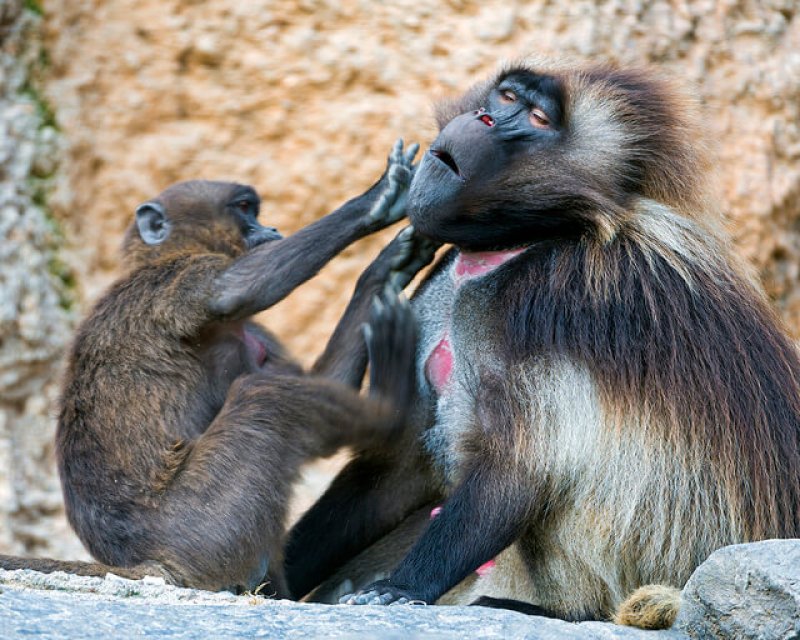If you’re a woman with a public persona, life on the internet can get pretty difficult. “To be a woman in this kind of public life today, you basically have to have the skin of a rhinoceros,” Politico editor Susan Glasser said in an interview shortly after being named to the top spot at the publication. Hilary Clinton has also used the quote as someone who intimately knows the sting of public criticisms turning to the personal.
The last few months have seen several internet-bullying attacks targeting women specifically for their womanhood. The feminist blogging site Jezebel and its sister sites disabled comments because men were posting videos of rape and sexual violence. Writers on the site are responsible for managing their own comments section, and were forced to see them, again and again, as they struggled to delete them.
If you’re a woman who writes or speaks about woman’s issues hatred comes more easily your direction. Actress Emma Watson, an outspoken feminist, was threatened with release of nude photographs by an online hacker group for her support of women’s rights in what ultimately proved to be a rather enigmatic hoax. And, of course, several famous celebrities were recently the targets of a nude photo release, simply because they were women and had photos vulnerable to hacking.
Eric Michael Johnson, a evolutionary biologist and columnist at Slate, scoured internet comments after the nude photo leak and documented several posters who justified their behavior as a natural birthright for human men:
In discussion threads among men on Reddit devoted to [the leak], a common justification is that there is “something inherent about human nature that makes this kind of thing inevitable,” as one user named TheHunter234 wrote. Likewise, according to colourofawesome, “It seems everyone is so quick to attribute the interest to some misogynistic perversion, but it’s really just human nature.”
But that’s a bogus claim, Johnson writes. Culture determines these behaviors, and in a much shorter time frame than one might expect. A baboon experiment shows how. There were once two baboon troops living near each other in Kenya, the forest troop and the garbage dump troop. The garbage troop had access to meat from the dump, so some of the forest troop males, the most aggressive ones, began raiding the dump and taking meat for themselves. Little did they know that the dump was also germ central. The baboons who used it got tuberculosis and died.
This meant that the aggressive males in forest troop died out, and females subsequently outnumbered males two to one. Johnson describes what happens next:
The social consequences were startling. According to Stanford University primatologist Robert Sapolsky, who documented the event and followed the troop for the next 20 years, the brutal hierarchy that was common among male baboons disappeared, and the amount of affiliative behaviors—such as males and females grooming one another—increased markedly. What was most surprising was what followed over the intervening years. Males always migrate to other troops at puberty, and new immigrant males to the Forest Troop adopted the local culture that they encountered. Even though none of the original population is alive today, this highly cooperative baboon society remains intact. As Sapolsky wrote in Foreign Affairs, “Forest Troop’s low aggression/high affiliation society constitutes nothing less than a multigenerational benign culture.”
And those results are not limited to our primate relatives; you can find them in humans, too. Among public health officials, economists and lawmakers the ‘girl effect’ is well studied. “Investment in girls’ education may well be the highest return investment available in the developing world,” wrote former World Bank Economist Lawrence Summers, himself not immune to sexist comments. Women’s access to finance, the political system and education decrease infant mortality and increase a country’s GDP. These are measurable effects that have been documented within a matter of decades.
Human culture can, indisputably, change. Men are not beholden to their ancestral Y chromosomes to determine how they react in any situation, whether that involves the image of a naked woman or the anonymity of the internet. And it is the responsibility of other men in these forums, who perhaps just observe, to call out violent, misogynistic behaviors and make spaces safer for women, Johnson argues:
If female empowerment is ultimately better for everybody, then male Internet users would be helping themselves by opposing misogyny and harassment in online forums. A supportive environment would go hand-in-hand with increasing the number of women in those spaces currently dominated by bitter baboons. Patriarchy gains support from the passive acceptance of men who are actively hurt by its influence. If baboon societies are able to change the interaction between males and females based on the influence of culture, surely we can too.
Meredith Knight is editor of the human genetics section for Genetic Literacy Project and a freelance science and health writer in Austin, Texas. Follow her @meremereknight.
Additional Resources:
- When misogynist trolls make journalism miserable for women, Atlantic
- How the cult of internet openness enables misogyny, Mother Jones
- On penises and vaginas: Why maleness always wins the headlines, Genetic Literacy Project































